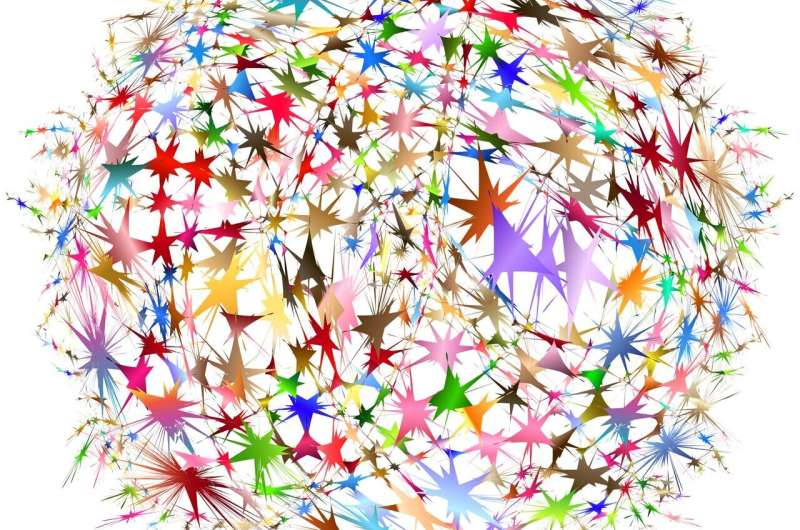
A survey of nearly 3,000 machine learning experts on how our lives will be different in an AI world has been completed and the results are in.
The good news: A majority believes AI will usher in a wave of remarkable advances in fields such as science, literature, math, music and architecture, and do so years earlier than a similar survey forecast two years ago.
The bad news is, well, we're all gonna die.
At least those are the sentiments of between 38% and 51% of the respondents who said they believed there was at least a 10% likelihood of an AI-triggered extinction scenario. Nearly 60% said the odds were at least 1 in 20.
The survey was conducted by AI Impacts, which studies the long-term consequences of artificial intelligence.
Not all results were centered on doom and gloom. Researchers found that key AI development is proceeding at such a rapid pace that respondents believe several key achievements will be attained years earlier than predicted barely two years ago.
For example, respondents said there is at least a 50% likelihood of machines gaining the capacity to achieve every possible human task without human assistance—and do so better and more inexpensively—by the year 2047. Two years ago, the estimated target date was 2060.
Other interesting AI accomplishments were projected as early as the late 2020s. They include the ability to generate a video from alternate angles, write a New York Times best-selling novel, and lo and behold, fold laundry.
And imagine generating a flawless song with the style and sound of Taylor Swift, The Weeknd or Ed Sheeran, indistinguishable from the actual artist. That'll be achievable within a couple of years, the survey estimated. Some credible efforts have already been released. The ethics of such achievements were not addressed in the study.
In all, 70% of experts said good outcomes are more likely than bad as AI becomes smarter and more powerful.
The study, "Thousands of AI Authors on the Future of AI," was posted on the arXiv preprint server on Jan. 5.
The study found that of 39 tasks outlined in their questionnaires, 35 had at least a 50% likelihood of being accomplished within a decade. Those tasks included beating a human at Go (after each learns the same number of games), recognizing an object after seeing it only once, and winning the prestigious, notoriously challenging Putnam Math Competition.
While a few expressed concern about an extinction event, more than half of the respondents expressed "substantial" or "extreme" concern over troubling AI trends, especially the spread of false and misleading information.
As an NBC news report recently warned, "A convergence of events at home and abroad, on traditional and social media—and amid an environment of rising authoritarianism, deep distrust, and political and social unrest—makes the dangers from propaganda, falsehoods and conspiracy theories more dire than ever."
More information: Katja Grace et al, Thousands of AI Authors on the Future of AI, arXiv (2024). DOI: 10.48550/arxiv.2401.02843
Journal information: arXiv
© 2024 Science X Network
Citation: The future of AI could be great—or catastrophic (2024, January 30) retrieved 30 January 2024 from https://techxplore.com/news/2024-01-future-ai-great-catastrophic.html
This document is subject to copyright. Apart from any fair dealing for the purpose of private study or research, no part may be reproduced without the written permission. The content is provided for information purposes only.
